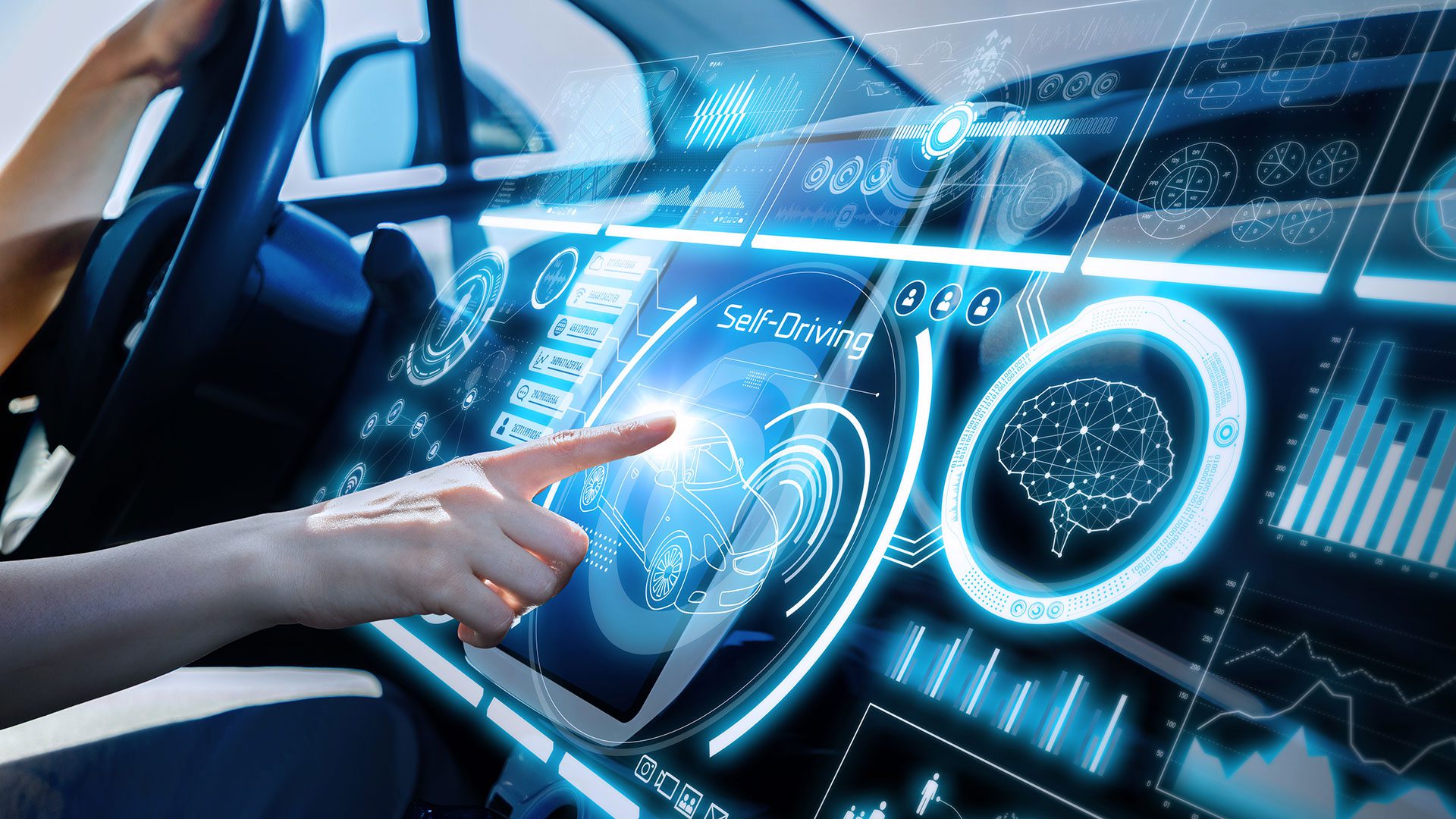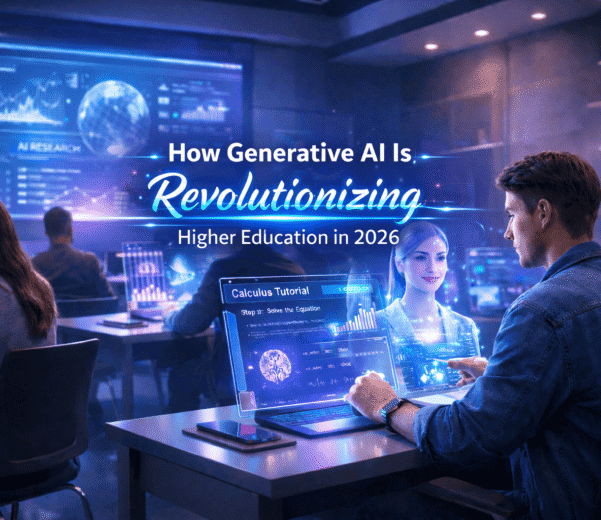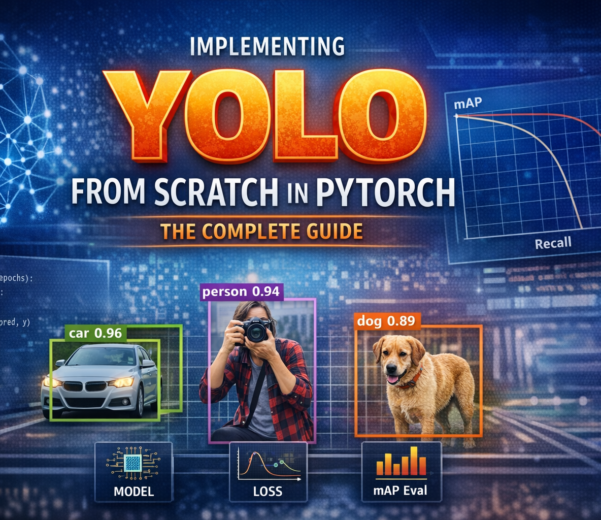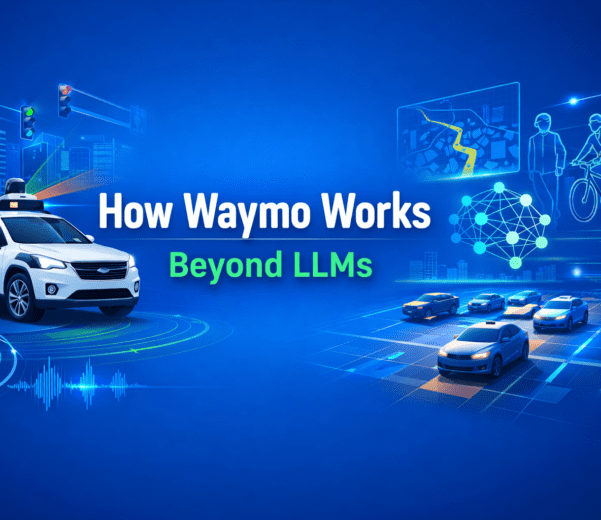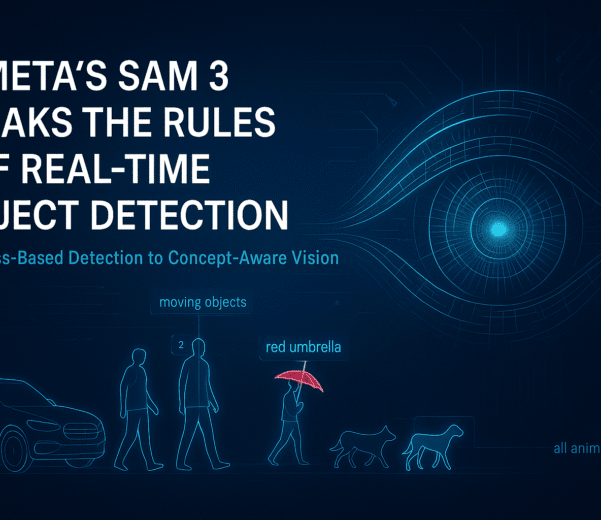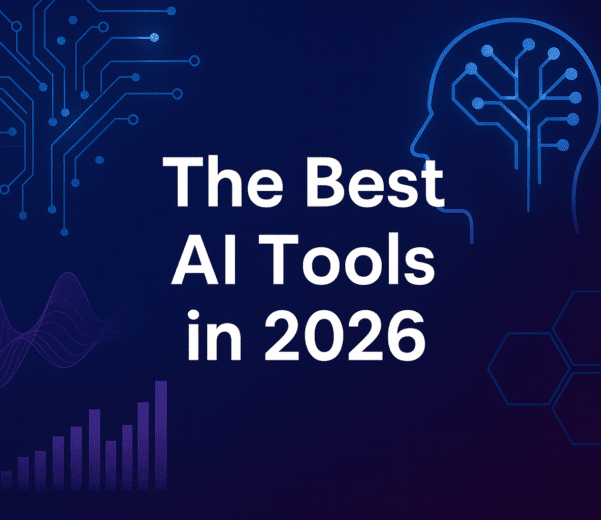Artificial intelligence (AI) is a cutting-edge computer science technology. There are many similarities between it and human intelligence, such as the ability to comprehend language, reason, acquire new knowledge, and solve problems. When it comes to technological creation and revision, manufacturers on the market are confronted with huge intellectual obstacles. Automotive artificial intelligence is predicted to expand because of this expansion. One of the primary businesses using artificial intelligence to enhance and replicate human behavior is in the automobile industry, which has already seen the benefits of AI in action. Adaptive cruise control (ACC), blind-spot alert (BSA), and other new standards for advanced driver assistance systems (ADAS) are enticing automakers to invest in artificial intelligence (AI).
There has been an increase in demand for self-driving cars, as well as an increase in the desire for convenience and user-friendly features. Market development is projected to be hindered by the growing danger of hackers and cybercrime. It’s expected that rising demand for luxury vehicles would present the sector with profitable expansion potential.
In the automobile industry, autonomous vehicles (AVs) are the most visible use of AI. For self-driving cars, the most important AI technologies are computer vision and machine learning (ML). AI, on the other hand, is critical at every stage of the value chain. While data science and machine learning (ML) are used to simplify manufacturing the upstream, conversational platforms and context-aware systems are being used downstream.
As a result, by adding data on car sales and post-sales into predictive modeling, AI helps to break the feedback loop between upstream and downstream. The ability of automakers to respond quickly to real-world events, such as a pandemic or a scarcity of automotive chips, as well as the danger of mobility rivals, is essential. Automakers and suppliers are now understanding that they are far behind the software giants and are justifiably leery of turning up value-added possibilities to the software companies. Automakers’ future profitability and survival depend on developing AI capabilities.
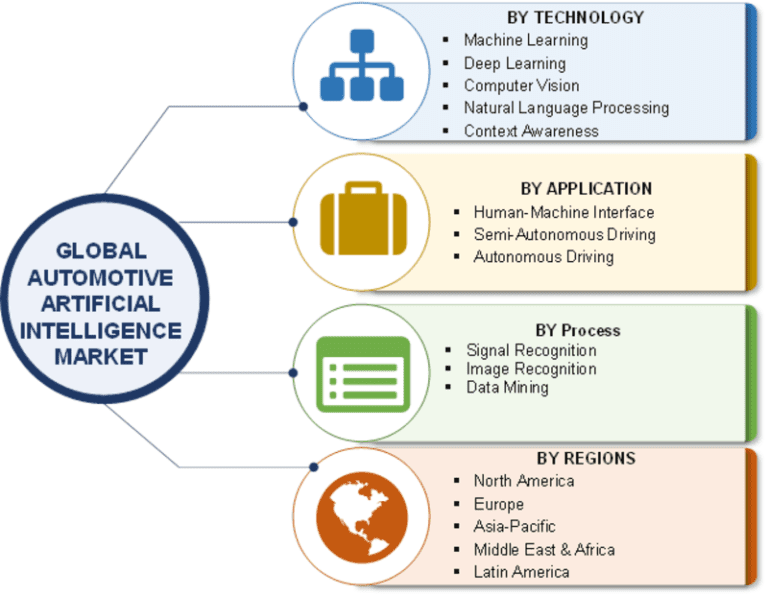
Top Impacting Factors
Autonomous cars are on the rise, as are consumer concerns about safety and privacy and the increased demand for luxury automobiles, all of which are having a big influence on the worldwide automotive artificial intelligence industry. In either direction, these variables are expected to have a significant impact on the market. These are.
1. The demand for self-driving cars is increasing
As a result of features like automated parking, self-driving, autopilot, and others, autonomous cars are becoming more popular across the world. Because leading technology firms like Nvidia, Intel, and Tesla are investing in these self-driving cars, the chances of their failing are slim. Tesla’s autopilot system, for example, is one of the most sophisticated systems available in the automotive artificial intelligence industry. It includes capabilities like maintaining the car inside a lane while driving, automatically changing lanes when necessary, and self-parking. Furthermore, it is expected that autonomous cars would considerably reduce the need for human involvement and be of critical relevance in businesses that suffer from a lack of manpower for transportation. As a result, the automotive AI industry is likely to see significant expansion.
2. The demand for self-driving cars is increasing
As a result of features like automated parking, self-driving, autopilot, and others, autonomous cars are becoming more popular across the world. Because leading technology firms like Nvidia, Intel, and Tesla are investing in these self-driving cars, the chances of their failing are slim. Tesla’s autopilot technology is one of the most sophisticated systems in the automotive artificial intelligence industry, with capabilities including maintaining the car in its lane while driving, automatically changing lanes when necessary, and self-parking, among others. For companies that have a shortage of workers for transportation, autonomous cars are expected to dramatically reduce the need for human involvement and be of critical relevance. As a result, the automotive AI industry is predicted to rise rapidly.
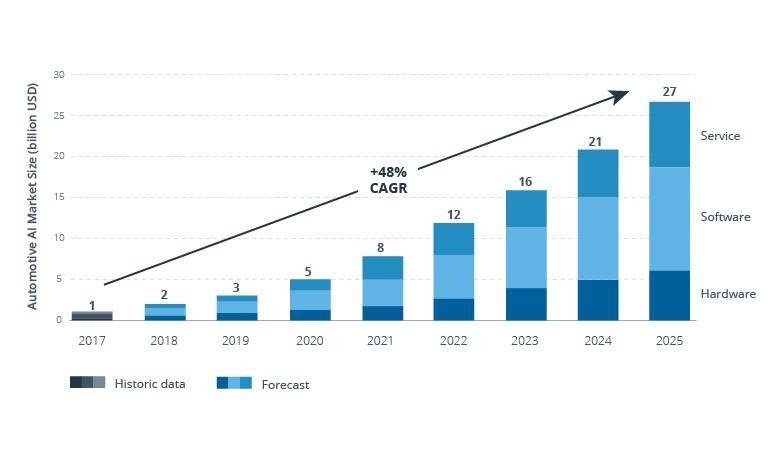
Aspects Favorable to the Automotive AI Market
- Current and future market trends and forecasts are used to show the potential for investment in the global automotive artificial intelligence industry.
- To establish a solid footing in the automotive artificial intelligence (AI) sector, it is necessary to identify the most lucrative trends.
- A thorough impact analysis is provided on the report’s primary drivers, restrictions, and opportunities.
- From 2017 to 2025, the present automotive AI market is quantitatively examined to show the market’s financial strength.
- In the automotive AI business, Porter’s five forces analysis shows how powerful buyers and suppliers are.



